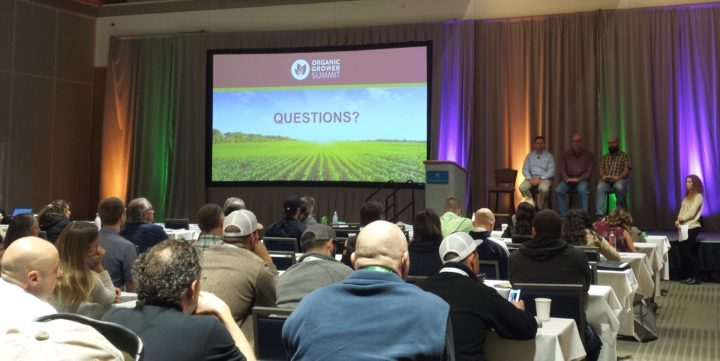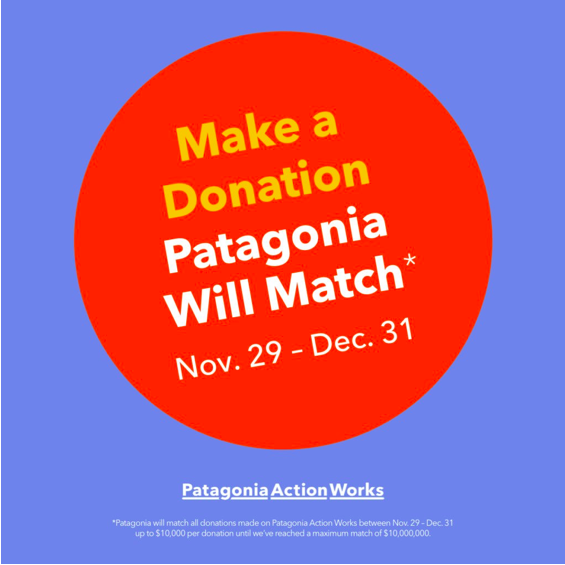Lauren Snyder

Science Advisor
Lauren is a scientist dedicated to promoting organic agriculture and developing sustainable food systems. She discovered her passion for agroecology as an undergraduate at Boston University where she collaborated on a research project evaluating the ecosystem services provided by bats in organic pecan orchards. It was here that she became curious about where our food comes from and how agricultural production practices affect the environment and human health.
Since then, she has conducted research around the globe, working with small-holder farmers in Sri Lanka, Kenya, and the U.S. Throughout her PhD., she worked closely with local organic farmers in NY State to design applied research evaluating the environmental, nutritional, and economic outcomes of diversified agricultural practices. A primary objective was to evaluate the potential for crop varietal mixtures to mitigate the need for pesticides by increasing natural pest control services and maximize growers’ profits by reducing production costs associated with mixed species plantings.
Lauren holds a B.A. in Ecology & Conservation Biology from Boston University and completed her PhD. in agroecology and sustainable food systems at Cornell University. In her free time, she loves enjoying the outdoors with her husband and their dog, cooking delicious food for friends and family, and teaching Zumba.



 December 9, 2019 – When over 100 people arrived at our workshop on reducing risk through organic soil health practices at this year’s Organic Growers Summit in Monterey, CA, I knew it would be an impactful morning.
December 9, 2019 – When over 100 people arrived at our workshop on reducing risk through organic soil health practices at this year’s Organic Growers Summit in Monterey, CA, I knew it would be an impactful morning.  December 4, 2019 – Now through December 31st, all donations made to OFRF will be matched dollar-for-dollar by Patgonia Works!
December 4, 2019 – Now through December 31st, all donations made to OFRF will be matched dollar-for-dollar by Patgonia Works!